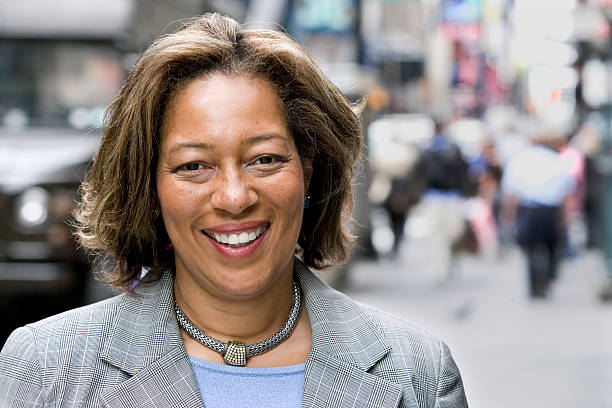
As you age, so many things in your life begin to change. Your friends, your career, your family, but the most important change that happens with age is your body. That saying “with age comes wisdom” can be true, but why isn’t there a saying about aging and the drastic changes that come with it. Then to make matters even more confusing, sometimes your body is changing faster than your age. All of a sudden, you’re experiencing these drastic changes that you didn’t think would happen so soon. Why is that? Could it be genetics? Could it be your own personal lifestyle factors that sped up the process? Could it be an early sign of menopause?
Why And When Do Women Get Menopause?
So what is menopause really? We hear about it as something that most women get when they reach a certain age but what is it exactly? Well, menopause is the time after a woman's last period. Think of it as a turning point in a woman's lifetime.
But there is a period of time before that when a woman's body starts to go through these drastic changes to prepare for this turning point.
During this time, these changes include hot flashes, changes in menstrual cycles and many other symptoms. This transitional period (when the symptoms occur) before menopause is called the menopausal transition. The menopausal transition usually starts in women between the ages of 45 and 55.
A person’s lifestyle and background will determine how long this transition lasts. When it happens, women experience a lifestyle shift. Fat cells and the way the body uses energy changes make it’s easier to gain weight. The change can affect your body shape and bone health. So many transformations occur in the menopausal transition period.
RELATED: 5 Foods that Improve Your Mood
The Signs Of Early Menopause
When determining if it’s early menopause or just another symptom, it’s important to know what to look for.
Besides aging, some menopause symptoms usually look like changes in your period, hot flashes, trouble sleeping at night, mood swings, vaginal dryness, pain during intercouse, lack of bladder control and more.
Now, these are all symptoms that can happen even in younger women simply because of how the body operates and a person's current lifestyle choices but if you notice that you’re experiencing most of these symptoms more often or all together, then you may need to reach out to a medical professional.
When reaching out to your doctor, they’ll ask you a series of questions about what symptoms you’re experiencing, your family history, and how old you are. Some may even ask you to take a few tests to check your hormone levels to make sure that it isn't another illness or condition.
The reason why you may be experiencing these symptoms is because you could, in fact, be approaching menopause. Remember that period right before menopause? The menopausal transition? That is the reason why you may think you’re experiencing early menopause. Your body is preparing for the actual transition to menopause.
RELATED: Tips for Easing the Transition Into Menopause
How This Change Affects Your Life Now
Now that you are either experiencing the menopausal transistion or actually experiencing menopause, your life definitely won’t be the same. Simply because you’ve moved on to a different stage of it.
Changes in your life include no longer being able to have children, change in your body internally and externally, how you handle your emotions, change in your estrogen levels, change in your memory and so much more. Menopause shows that you are aging and for some people that may be hard to accept, for others they may embrace it. How this change affects one’s life looks different for everybody.
Ways To Cope During This Transition
When managing physical symptoms of a menopausal transition, it’s important to talk to your doctor first about what to do. Since it is very personal, the best way to find what works for you is to go over your medical history, your current lifestyle factors and what symptoms you may actually be experiencing.
For managing painful sex, try water-based lubricants. For managing sleep problems, try staying on a schedule and avoiding naps during the day, basically sleep training yourself.
For coping mentally, try reaching out to a professional that can help you manage your mood swings and your feelings and emotions on this new life transition. No matter how it looks, aging is going to happen and it’s okay to age gracefully. Because with age comes wisdom, growth and so much more. Aging is beautiful and your transition into it can be beautiful as well.








